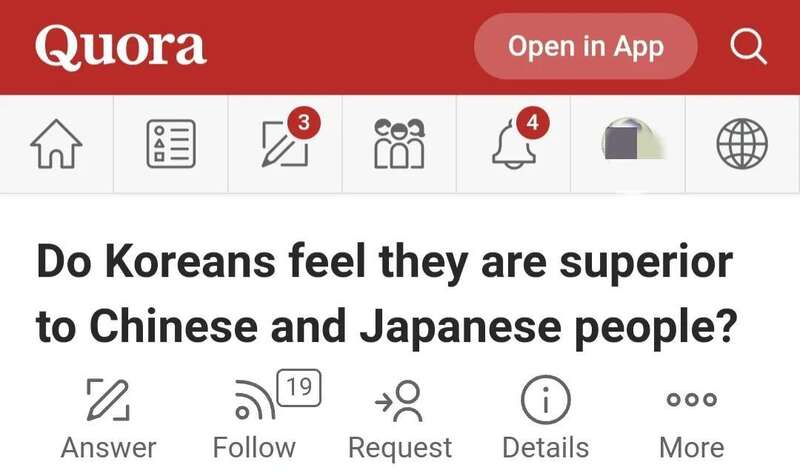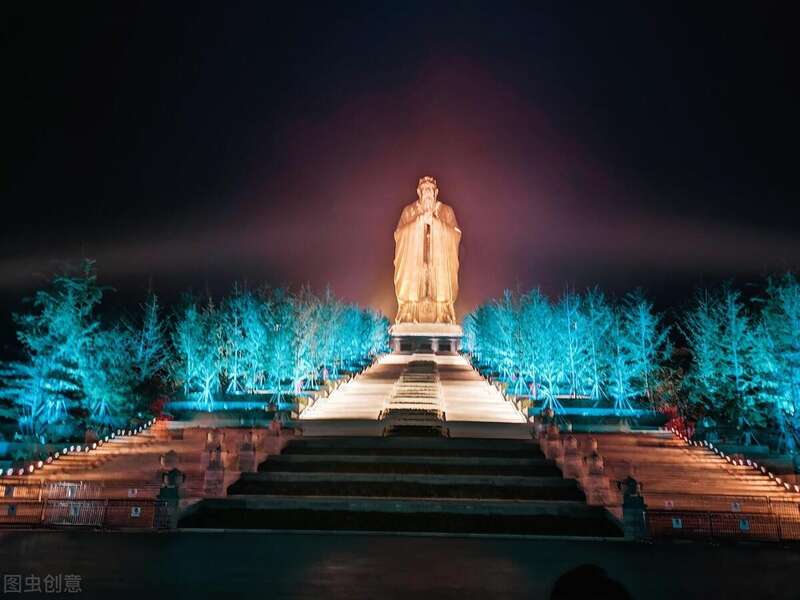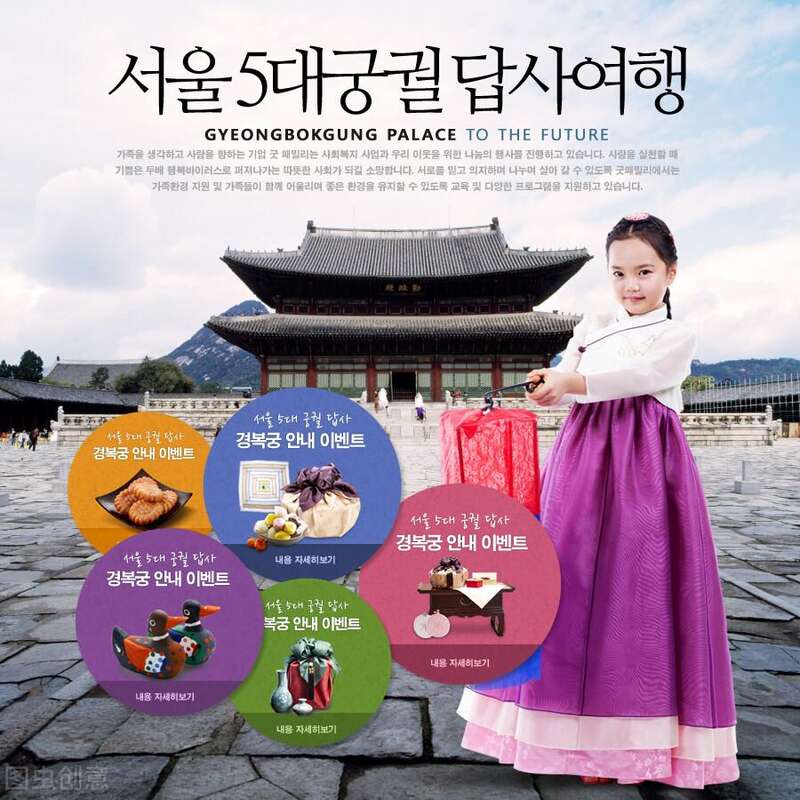
问题

海外网友安迪•弗尔的回答
At present, Koreans do have some superiority over Chinese Mainland, because they are richer, they feel that their culture is more complex, their output capacity is stronger, and Korean entertainment stars and Korean dramas have great influence. Chinese Mainland is still a developing economy, and its culture is not as strong as that of Korean culture export. This is very similar to the feeling of overseas Chinese towards the mainland, so there is nothing special here. Koreans often complain that tourists from Chinese Mainland are too loud and some lack proper etiquette.
目前,韩国人确实对中国大陆有一些优越感,因为他们更富有,他们觉得自己的文化更为复杂,输出能力更强,韩娱明星,韩剧等影响力巨大。中国大陆仍然是一个发展中经济体,它的文化没有韩国文化输出那样的强势)。这与海外的中国人的感觉很像,所以这里没有什么特别的。韩国人还经常抱怨中国大陆游客太大声,有些人缺乏适当的礼仪。

Historically, for the most part, Koreans bought into the Sinocentrism as much as the Chinese did. Because Korea was the most sinicized nation outside of China, Koreans considered Korea to be second only to China and at the same time felt much superior to Japan which was outside the hierarchical Sinocentric system. If you examine Korean historical texts, Japan was always referred to as an uncivilized barbarian land. This sense of superiority towards Japan still persists today.
从历史上看,大部分韩国人和中国人一样,都认同中国中心主义。因为韩国是中国以外最中国化的国家,韩国人认为韩国是仅次于中国的第二个国家,同时觉得比处于中国中心主义等级制度之外的日本优越得多。如果你研究一下韩国的历史文献,你会发现日本一直被称为一个未开化的野蛮国家。这种对日本的优越感今天仍然存在。

However, South Korea's admiration for China ended in the 16th century, when the Ming Dynasty was replaced by the Qing Dynasty in the Central Plains. Since then, Koreans have felt that they have preserved the best traditions inspired and developed by ancient Chinese culture. So far, Koreans believe that they are the country with the strongest Confucian culture in the world, much more than China.
然而,韩国对中国的仰慕在16世纪结束,当时明朝被在中原建立清朝所取代。从那时起,韩国人就觉得自己是保存了受古代中国文化启发和发展而来的最佳传统的人。到目前为止,韩国人认为自己是是世界上儒家文化最浓厚的国家,比中国还要多得多。

韩国网友宋金运的回答
National pride and all that aside, not really. We pretty much consider ourselves the ‘middle country’. For example, developmentally superior to China but inferior to Japan. At the same time, we consider China superior in economic promise and Japan stagnated, with us following Japan's path towards stagflation - thus a lot of Koreans preferring to study in Hong Kong or China. In terms of pre-modern historical culture, we consider China the one that passed things on to us, with Japan gaining things through us - that's one reason why some groups get irritated over Japanese claims that we follow them.
除了民族自豪感这些东西,韩国人没什么优越感。我们总是认为自己是“中间国家”。例如,发展上优于中国,但低于日本。同时,我们认为中国在经济前景方面更具优势,而日本则停滞不前,因为我们走的是日本走向滞胀的道路——因此许多韩国人更喜欢在香港或中国内地学习。就前现代历史文化而言,我们认为中国是一个文化起源母国,而日本通过我们获得了这些东西——这就是为什么一些韩国团体对日本声称我们遵循他们的主张感到愤怒的原因之一。
It's all pretty complicated, but Koreans mostly just think of themselves as the country in the middle. The lot of us are too worried that we'll follow the Japanese economy to stagflation to really see ourselves as superior, although we do consider ourselves the most economically vibrant “at the moment”(although some Koreans may argue even that's already changed to China).
历史文化渊源是很复杂而且容易引起争议的问题,但韩国人大多认为自己是在中间的国家。尽管我们确实认为自己是“目前”经济最具活力的国家(一些韩国人可能会认为应该是中国),但我们很多人都担心我们会随着日本经济滞胀以致民族主义情绪变得膨胀起来。
As for the national pride issue, our country has gone through too much historical issues to feel superior over China and Japan. We acknowledge that both countries were stronger, thus had control over Korean territory. We accept that China is geographically at advantage, and that Japan is more developed socially. The truth is, our pride comes not from the fact that we believe we're better, but the fact that we survived thousands of years of attacks and annexations and still retain our sense of identity.
在民族自豪感问题上,我国经历了太多的历史问题,无法超越中国和日本。我们承认,这两个国家都更强大,因此控制了朝鲜领土。我们承认中国在地理上具有优势,日本在社会上更为发达。事实上,我们的自豪感并不是来自于我们相信自己会更好,而是来自于我们经历了数千年的袭击和吞并,仍然保持着我们的认同感。

韩国网友邹希同的回答
This misunderstanding that Koreans have a “superiority complex”, especially compared to other East Asians, is a misnomer by people who have no context of history.
这种认为韩国人有“优越感”的误解,尤其是与其他东亚人相比,对于没有历史背景的人来说,是一种用词不当的说法。
You see, Japan and Mongolia have tried to "erase" the culture of the Korean Peninsula for most of their history, regard it as inferior culture, and try to replace its culture to extinction. Ironically, from the beginning to the middle of the 20th century, many Koreans felt that their culture was "inferior" to the West. In modern times, they are trying to reverse this trend.
你看,日本和蒙古在历史的大部分时间里都试图“抹杀”朝鲜半岛的文化,视其为劣等文化,并试图取代其文化走向灭绝。具有讽刺意味的是,在20世纪初至中期,许多韩国人觉得自己的文化“不如”西方,而在现代,他们正试图扭转这一趋势。

So what Koreans REALLY want you to know is, “hey, our culture is significant too, and no, it is not the same as Chinese or Japanese culture. It is very much worth knowing about and preserving. It is quite unique and special, and if you take the time to study and learn about it, you may really find some things you will absolutely LOVE.”
所以韩国人真正想让你知道的是,“嘿,我们的文化也很重要,不,它与中国或日本文化不同。它非常值得了解和保存。它非常独特和特殊,如果你花时间研究和了解它,你可能会发现一些你绝对会喜欢的东西。”
This is no different than the Polish (whom Russians and Germans tried to eradicate) or to the Irish (with their struggles against the British.) Give them a break, as they had to work very hard to preserve their culture.
这与波兰人(俄罗斯人和德国人试图铲除波兰人)或爱尔兰人(与英国人进行斗争)没有什么不同。给他们点时间,因为他们必须非常努力地保护自己的文化。

加拿大网友DK Lee的回答
The Chinese are like the French in Europe. They have a long and proud history and culture; For a long time, both Chinese and French have been the cultural centers of their respective continents. Until the 19th century, French was the international language used by ambassadors. The Chinese have similar aspects with Italy and Greece. Their culture forms the basis of all other Asian civilizations. In this sense, Koreans, Japanese and Vietnamese have borrowed all aspects of Chinese civilization for their own civilization. Similarly, Greek and Roman civilizations constitute the core foundation of the modern ideal of Western civilization.
中国人像是欧洲的法国人。他们有着悠久而自豪的历史和文化;长期以来,中国人和法国人都是各自大陆的文化中心。直到19世纪,法语一直是大使们使用的国际语言。中国人与意大利和希腊也有相似的方面。他们的文化构成了所有其他亚洲文明的基础,从这个意义上说,朝鲜人、日本人和越南人借用了中国文明的各个方面,供自己的文明使用。同样,希腊和罗马文明构成了西方文明现代理想的核心基础。
Koreans are a bit like Poland. This country used to be a powerful country, capable of defeating its neighbors in number. The Poles in the Kingdom of Poland (1386-1569 AD) and the Polish Lithuanian Federation (1569-1796 AD) were able to defeat the stagnant but powerful Ottoman Empire (1683 Vienna), the newly rising Russian tsar (1612 Moscow Czar), world-class knights of the Structural Knights (1410 Glenwald Battle), and one of the regional superpowers in the 17th/17th century in the east, Central and Northern Europe, The Swedish Empire.
韩国人有点像波兰。这个国家曾经是一个强大的国家,有能力击败在数量上占优势的邻国。波兰王国时期的波兰人(公元1386年至1569年)和波兰-立陶宛联邦(公元1569年至1796年)有能力击败停滞不前但强大的奥斯曼帝国(维也纳1683年)、刚刚崛起的俄罗斯沙皇(莫斯科沙克1612年)、世界级构造骑士团骑士(格伦瓦尔德战役1410年)和东部17世纪/17世纪地区超级大国之一,中欧和北欧,瑞典帝国。
At the same time, in the Koguryo and Bohai dynasties (37-668 B.C./698-926 A.D.), North Korea was able to defeat the most powerful countries at that time, especially the Sui and Tang dynasties. During the invasion of Koguryo in the Sui Dynasty, the Koguryo troops led by Euji Mundeok defeated what might have been the largest invasion force in the previous millennium (600000-1.16 million soldiers), causing more than 300000 casualties and the smallest loss.
与此同时,在高句丽王朝和渤海王朝(公元前37年-668年/公元698年-926年),朝鲜有能力击败当时最强大的国家,特别是隋唐王朝。在隋朝入侵高句丽期间,Euji Mundeok领导的高句丽部队击败了可能是前千年最大的入侵部队(60万至116万士兵),造成30多万人伤亡,损失最小。
In the second round, Emperor Taizong of the Tang Dynasty invaded Koguryo in 645, 647 and 648 AD, and Emperor Gaozong invaded Koguryo in 662 AD. Although these invasions failed, they seriously weakened Koguryo's strength. The second invasion of Emperor Gaozong in 667 AD finally led to the demise of the kingdom.
第二轮,唐太宗于公元645年、647年和648年入侵高句丽,高宗于公元662年入侵。虽然这些入侵失败,但严重削弱了高句丽的实力,高宗在公元667年的第二次入侵最终导致了王国的灭亡。
Another interesting thing is that both Koreans and Poles rely on another group of people (Lithuanians in Poland, Moh/Nvzhen tribes) to help support their respective empires. Both sides need the support of a relatively weak, low-level member of the empire to repel the enemy. In a sense, these two countries are rising powers, because Poland has become independent from the former Soviet Union, and Korea has also recovered from Japanese rule/Korean War. Neither country is as powerful as its powerful neighbors (Germany/Russia and Japan/China), but both have the dignity of a medium-sized country.
另一件有趣的事是,朝鲜人和波兰人都依赖另一组人(波兰的立陶宛人,莫赫/女真部落)来帮助支持各自的帝国。双方都需要帝国中一名相对弱势、低级成员的支持,以击退敌人。从某种意义上来说,这两个国家都是正在崛起的大国,因为波兰已经从前苏联的管制中独立过来,朝鲜也从日本统治/朝鲜战争中恢复过来。这两个国家的实力都不及强大的邻国(德国/俄罗斯和日本/中国),但他们都有中等国家的尊严。

